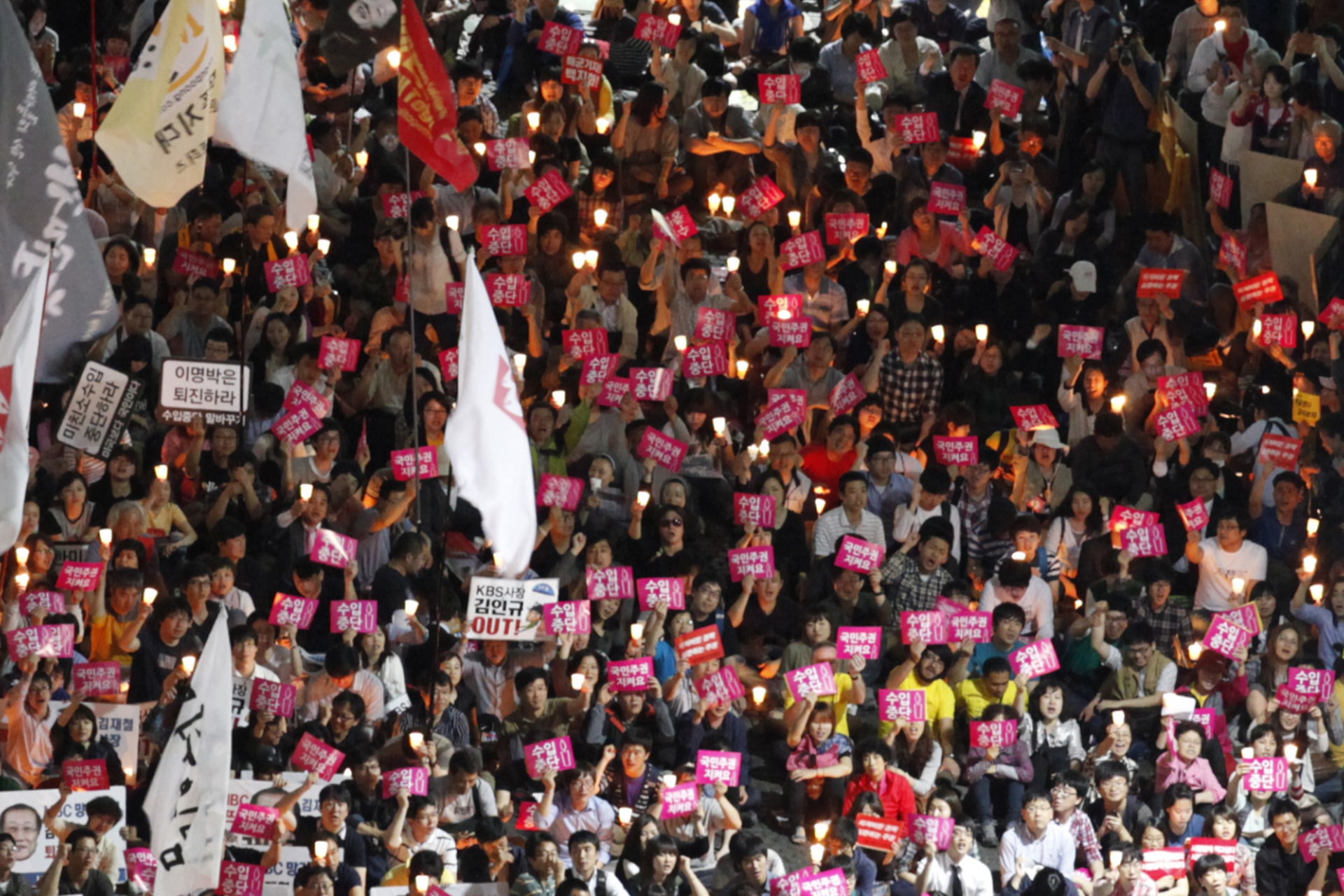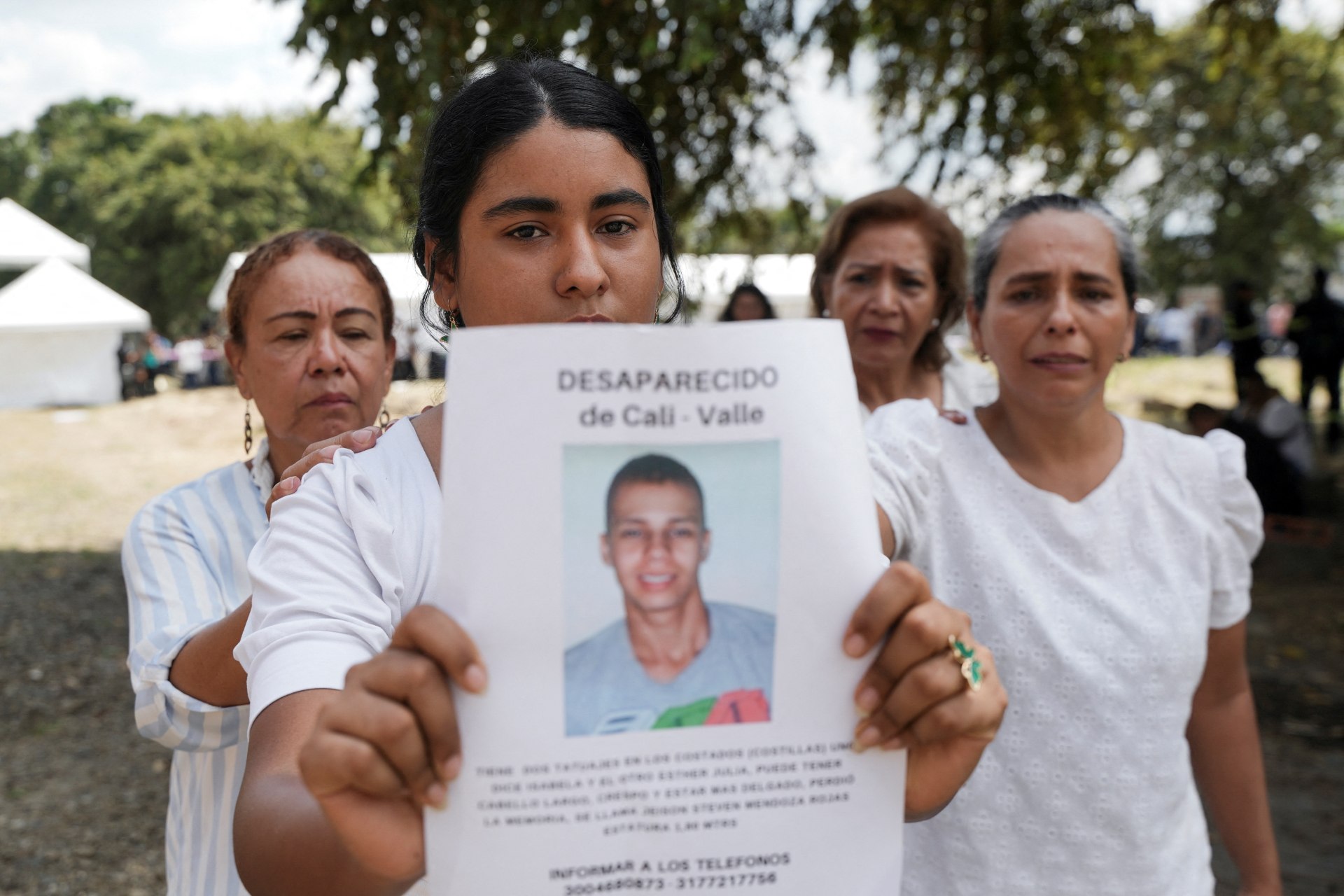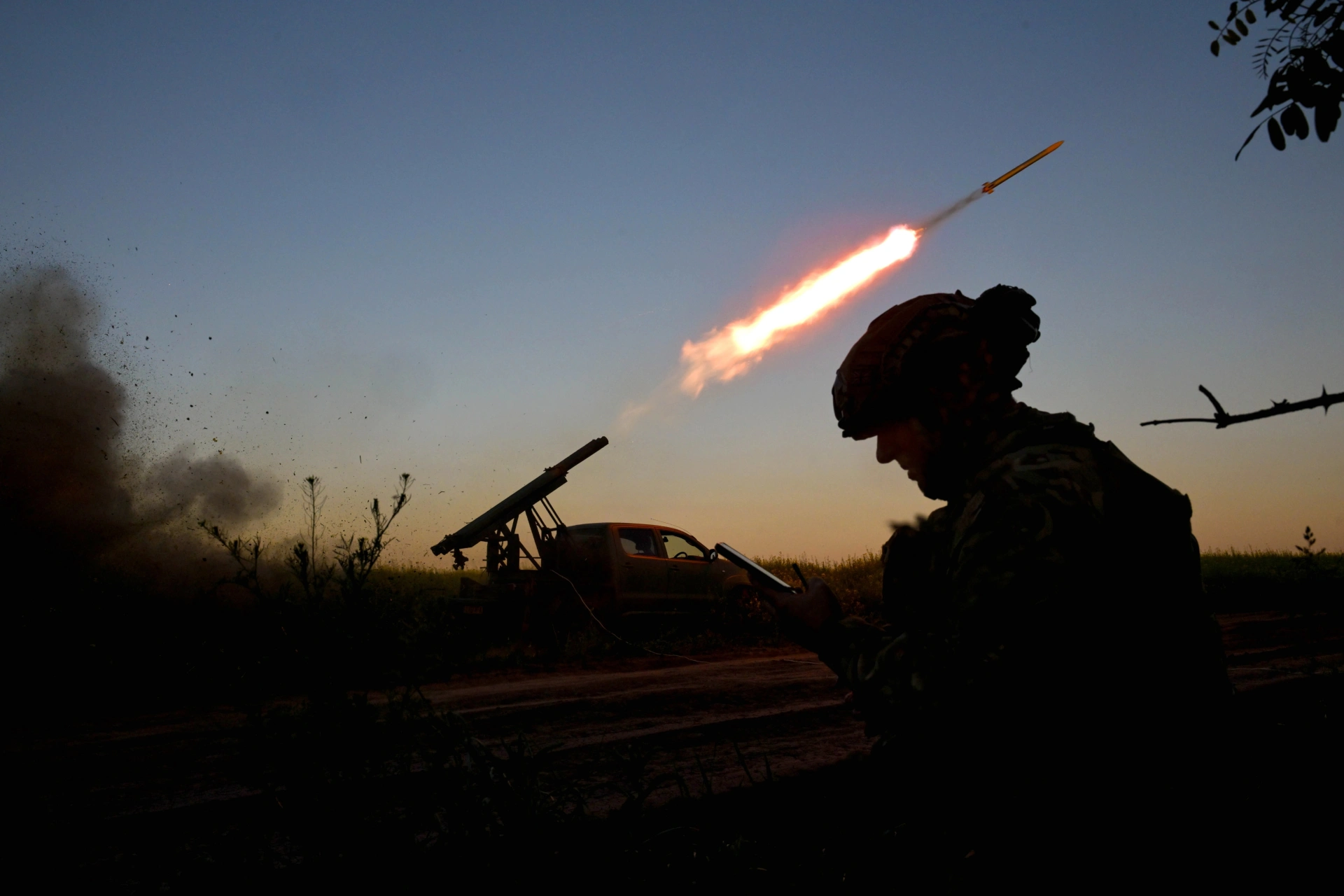South Korean Civil Society
Implications for the U.S.-ROK Alliance

BY
- Andrew YeoAssistant Professor, Catholic University of America
Overview
Rooted in the country’s long struggle for autonomy and democracy, South Korea’s robust civil society has long been credited with allowing and encouraging ordinary citizens to involve themselves in social movements. Though recent scholarship suggests that social activism spurred by South Korea’s many civic societies has little direct influence on policymaking, the mobilization of progressive organizations around a number of issues pertinent to the U.S.-ROK alliance opens a society-wide conversation on the development and future of South Korea’s partnership with the United States. In this Program on U.S.-Korea Policy Working Paper, Dr. Andrew Yeo of the Catholic University of America argues that the United States should see South Korean civil society as a means of gauging South Korean public sentiment on the changing U.S.-ROK relationship and as a tool for advancing policy debate.t





